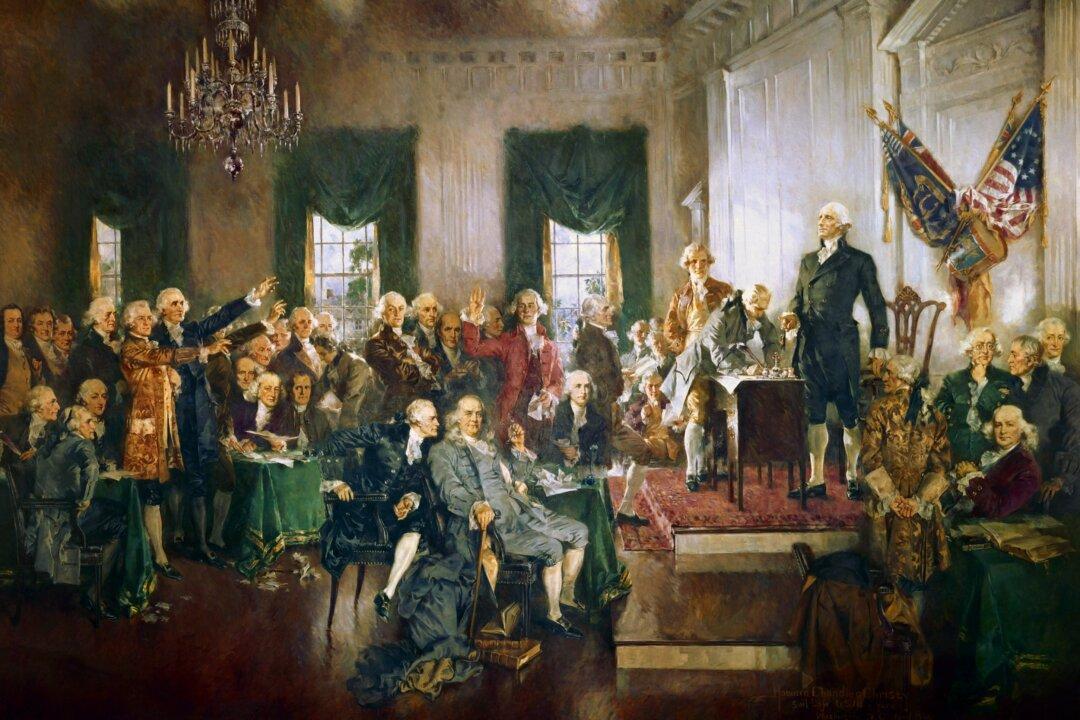Ignorance may be bliss, but it can also be downright embarrassing.
Earlier this month, President Donald Trump met with Italian President Sergio Mattarella. The Washington Examiner reported that during a press conference, Trump had noted historic ties to the ancient city, saying, “‘The United States and Italy are bound together by a shared cultural and political heritage dating back thousands of years to ancient Rome.’”






